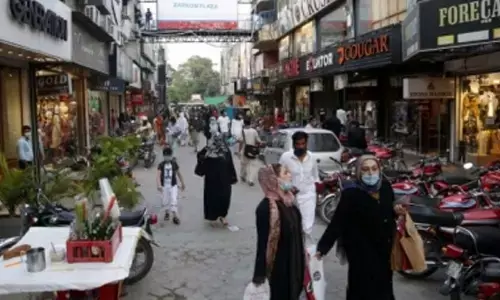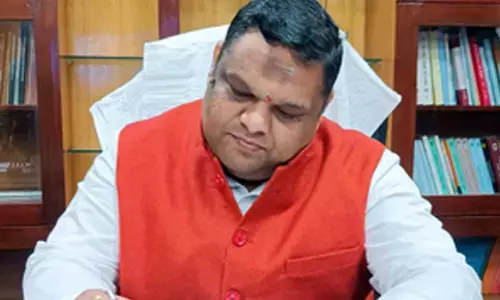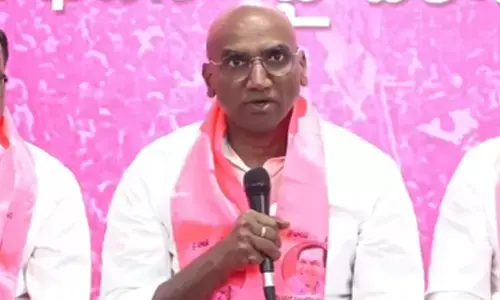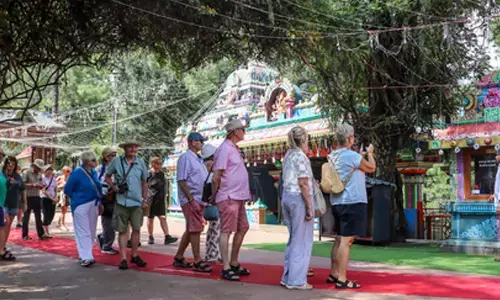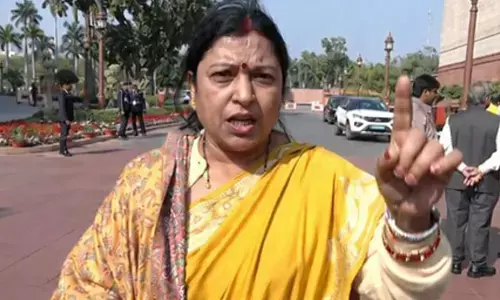A life well-grounded
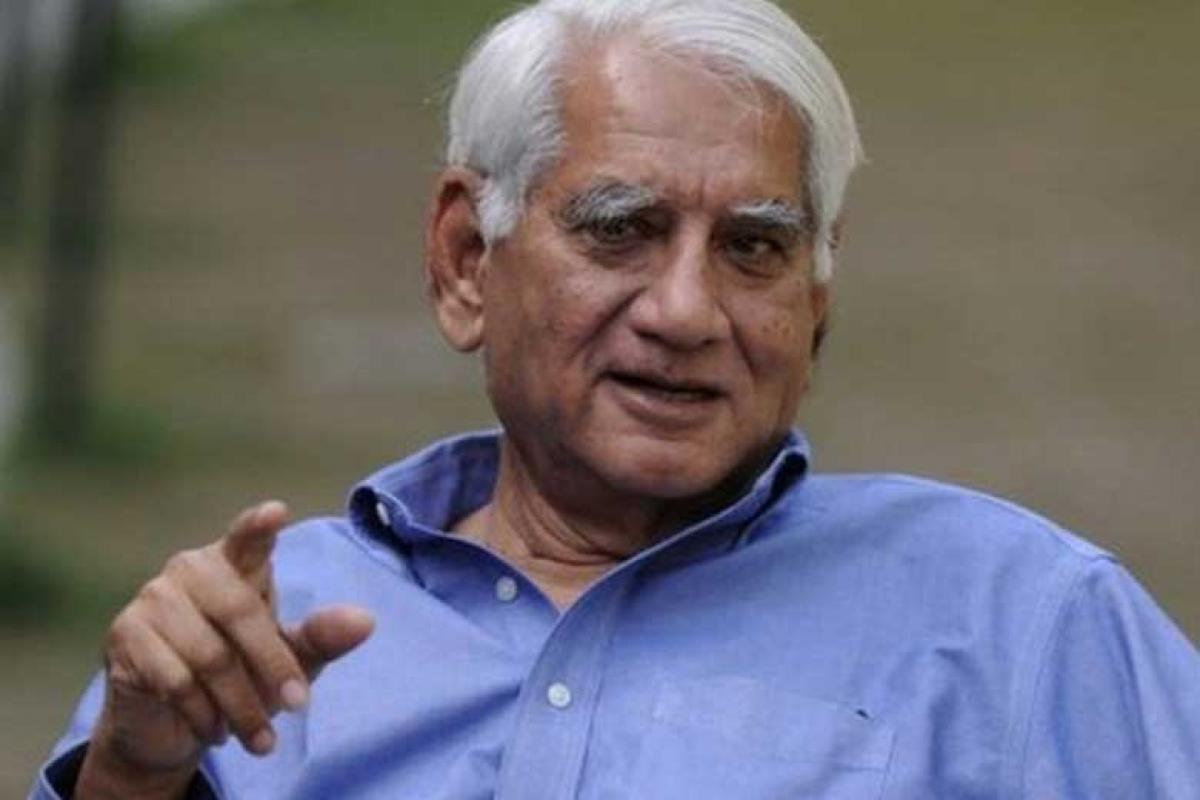
The growing culture of shopping malls and office complex across the country with glass walls – even roofs – is evidence of how authorities and planners, both public and private, have forsaken one of the most environment-friendly principles that Charles Mark Correa laid. He believed in people being able to look at the sky from their homes.
The growing culture of shopping malls and office complex across the country with glass walls – even roofs – is evidence of how authorities and planners, both public and private, have forsaken one of the most environment-friendly principles that Charles Mark Correa laid. He believed in people being able to look at the sky from their homes.
Secunderabad-born Correa died in Mumbai last Tuesday, age 84, giving that “great city, but a terrible place,” the most of his talent and vision as an architect, urban planner and social activist. Besides large roads and connectivity, the way his dream-child Navi Mumbai, the satellite city across the harbor, has evolved is another rejection of Correa by Maharashtra’s short-sighted and greedy leaders.
Four centuries-plus old Mumbai itself missed a golden opportunity of re-inventing itself, shaking off congestion, slums, filth and miserable living conditions (portrayed in “Slumdog Millionaire” and other movies), when one more proposal by Correa was left on the paper. Correa had plans for the land on which Mumbai’s textile mills, closed down in the 1980s, stood. Worth billions, that land is owned or sold by the state’s political who’s who.
Correa wanted Mumbai to evolve into an office-city, with much of the industry moved out. But Maharashtra government refused to move out its offices. The list is endless and the man, forever an optimist, was frustrated in his latter days of a career that spanned half a century.
There was little response to his ideas about low-rise housing close to the sea shore because the coveted sea fronts have been grabbed by the powerful. The ‘slumming’ of the cities, and not just Mumbai, shows that Correa’s social vision that saw housing for the poor, has been largely ignored.
Two decades back, Prime Minister Narasimha Rao had sought help to build low-cost housing. And now, Narendra Modi has welcomed foreign proposals for low-cost housing that meets the needs of this climatically varied country. In between, we have houses without toilets built under various central and state government schemes for which billions have been spent. Is it any surprise that they are lying un-occupied since even the desperate poor and slum dwellers do not want to move in?
Correa was pioneering in using public transit, especially the railways, as a way to structure or organize the city, but that concept hasn't caught on as it should have. His hopes and his frustrations could compare with those of another genius, E Sreedharan, the “Metro Man.” Unless they get their due, without interference from politicians and land sharks, living in India would remain a nightmare.
Called “India’s Greatest Architect,” Correa was on numerous urban plan bodies. The haphazard and rapid urbanization that the country is witnessing is hardly a tribute to the man. The irony is that we are talking of a hundred new Smart Cities, some being adopted by foreign governments, but have little to say or do about improving the living conditions in the existing ones.








